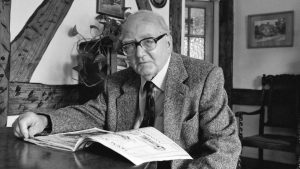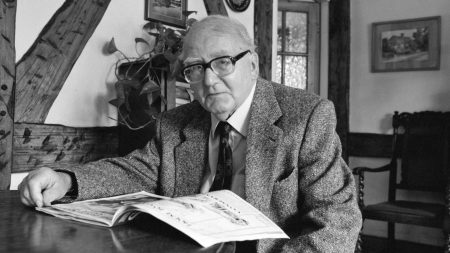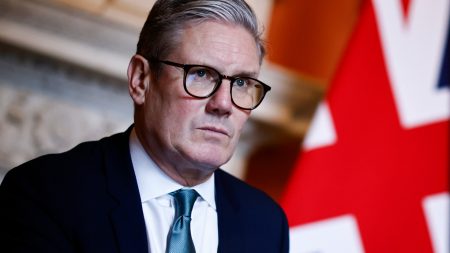Ebbw Vale, a town in South Wales, has gained the unfortunate title of the UK’s “fattest town,” with a staggering 80% of its population classified as overweight or obese. This alarming statistic reflects a concerning trend of unhealthy eating habits, fueled by the readily available and affordable fast food options that dominate the town’s high street. Residents recount consuming multiple takeaways daily, choosing from a plethora of burger joints, kebab shops, fish and chip shops, and other fast-food establishments, while the town’s sole greengrocer caters primarily to an older demographic. This easy access to unhealthy food, coupled with long working hours and a lack of time or knowledge to prepare healthy meals, creates a vicious cycle that contributes to the town’s obesity crisis.
Residents like Elaine, a hard-working mother of two, exemplify the struggles faced by many in Ebbw Vale. While aware of her dangerously high weight and the looming threat of diabetes, Elaine finds herself trapped in a routine of relying on takeaways due to time constraints and exhaustion. She acknowledges the link between the abundance of cheap, unhealthy food options and the town’s obesity problem, advocating for increased education on healthy cooking and a shift away from reliance on convenience foods. Others echo her sentiments, highlighting the affordability and accessibility of fast food as major contributing factors to the town’s unhealthy eating patterns. The lack of affordable leisure facilities further exacerbates the issue, leaving residents with limited options for physical activity.
The prevalence of fast food in Ebbw Vale is not merely anecdotal; studies confirm that Blaenau Gwent, the local authority area encompassing Ebbw Vale, has the highest proportion of fast-food outlets in the UK. This dominance of unhealthy food options in the local economy creates a challenging environment for residents seeking to make healthier choices. The irony is not lost on residents, as Tredegar, the birthplace of the National Health Service, lies just five miles away. NHS workers in the area express concern over the “intolerable” pressure the obesity epidemic is placing on the healthcare system, predicting a worsening situation in the coming years if the trend continues.
Personal accounts further illuminate the challenges faced by Ebbw Vale residents. Jodie Hughes, a beautician who underwent gastric band surgery, attributes her previous weight gain to the readily available and “addictive” takeaways in the area. She cites the pressures of being “overworked and underpaid” as a factor contributing to the appeal of cheaper, unhealthy meals. Scott, a local businessman, points out the higher cost of healthy, organic food, adding another layer of difficulty for those seeking to improve their diets. Even younger residents like Brontie Hannah, who developed an allergy to fruits and vegetables, found herself resorting to fast food before eventually adopting healthier habits through information gleaned from social media.
The stories of Bryn Booth and Angela Carpenter offer further insights into the town’s relationship with food. Bryn, who suffered a heart attack attributed to years of poor diet, criticizes fast-food giants for contributing to the health crisis, citing excessively long queues at McDonald’s as evidence of the problem. Angela, a former chip shop worker, recounts her astonishment at the laziness of customers who would order delivery even when living just behind the shop, and the sheer quantity of food ordered and often left uneaten. These anecdotes paint a picture of a community grappling with unhealthy eating habits, where convenience and affordability often trump health concerns.
Public health officials recognize the complex nature of the problem. Tracy Daszkiewicz, Director of Public Health for Gwent, emphasizes the need for a systemic approach, addressing the food system itself and the way unhealthy foods are advertised and promoted. She underscores the importance of community engagement and providing residents with the information and support they need to make healthy choices. This involves understanding the specific needs of the community and tailoring strategies accordingly, moving beyond generic advice and towards a more targeted and effective approach. The long-term goal is to empower residents to take control of their health and well-being by fostering a healthier food environment and providing the necessary resources for sustainable lifestyle changes. Ultimately, reversing the trend of obesity in Ebbw Vale requires a collaborative effort involving individuals, businesses, and public health officials working together to create a healthier future for the community.











